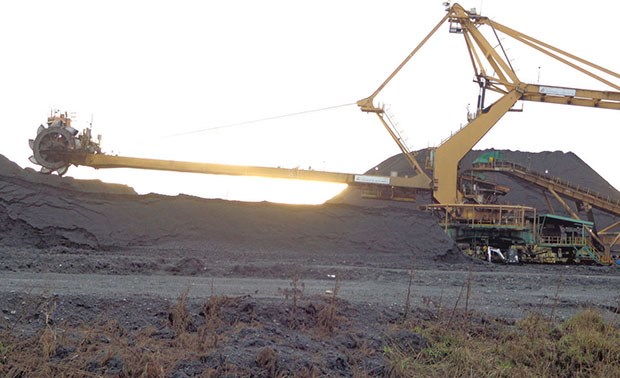Delta will undertake another coal dust monitoring program this year.
Civic politicians approved a staff recommendation Monday for an initiative to identify whether coal dust is escaping from rail cars headed to Roberts Bank.
Costing about $50,000, the sampling and analysis involves the placement of five dustfall collection canisters at various locations throughout Delta. Samples will be analyzed for coal content every three months for a period of one year.
Westshore Terminals has agreed to contribute toward the cost. Metro Vancouver was also asked to contribute, but hasn't responded yet. Coal dust has been a hot topic in Delta and the region with the controversial proposal by Fraser Surrey Docks to handle American thermal coal. Meanwhile, the Westshore Terminals coal port at Roberts Bank is planning a major upgrade that will result in additional storage capacity.
Coal dust sampling commissioned by Delta last summer found dustfall readings in Tsawwassen were within allowable limits, but exceeded provincial guidelines adjacent to railway tracks.
That study found the presence of coal particles at all sampling sites, however, according to the findings, the four monitoring locations in Tsawwassen had "relatively very low overall" coal dust particle readings. The Tsawwassen monitoring locations were well below the B.C. Air Quality guidelines for average dustfall in a residential area for a one-month period.
However, that wasn't the case for the sample near Boundary Bay Airport, which was taken just 15 metres from railway tracks. That sample had approximately 30 times more particulate matter than the Tsawwassen samples with a much higher concentration of coal.
Westshore Terminals has its own monitoring program, which was implemented last year in conjunction with $8.5 million in upgrades to the terminal's dust suppression system.
In a recent interview, Westshore Terminals general manager Denis Horgan said the coal handling facility will also install additional dust suppression measures this year, including four more high tower sprays along the southern edge of the site, the design and implementation of the spraying of empty railcars with dust binding coatings as well as a system to apply dust suppression coatings on coal being loaded to ships.
The Delta staff report notes that in addition to Westshore's mobile monitoring, the coal terminal has also responded to concerns from residents who believe they may have coal dust on their property by conducting sampling and analysis through an independent lab.
"Westshore Terminals reported to council last year that of the 17 samples they have collected in this manner in the past 10 years, four have contained coal particulates," the report stated.
Delta also referred a recent complaint to Westshore from a resident who has a sailboat moored at the Point Roberts Marina and was covered in black material. Sampling found
coal dust particles in the material.
Delta is also requesting Metro Vancouver conduct concurrent sampling for airborne coal particulates within residential areas and at Delta's dustfall monitoring locations.



